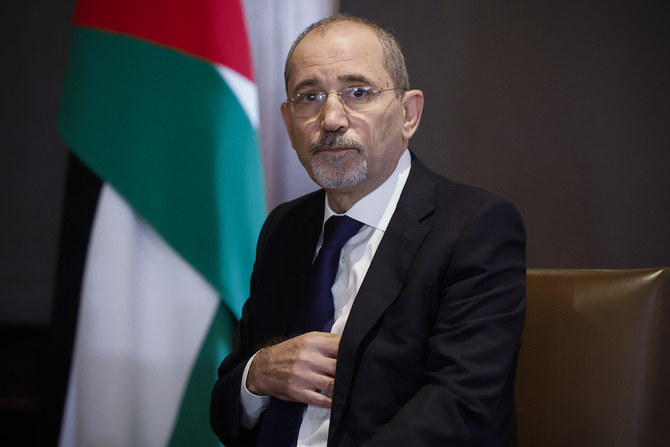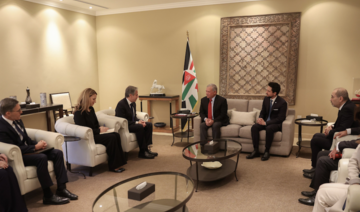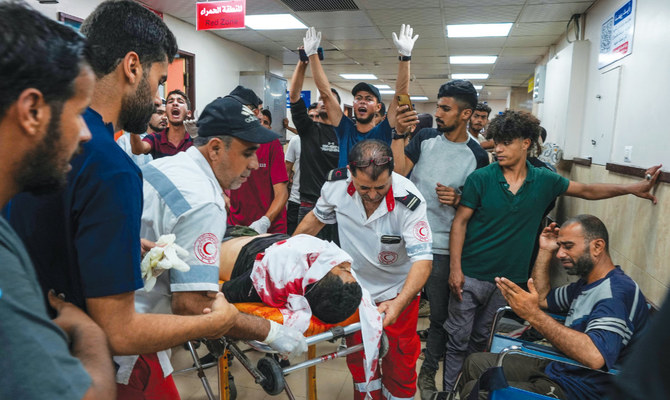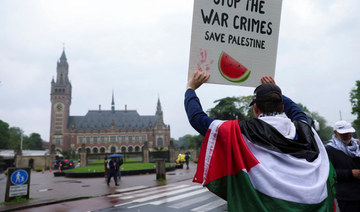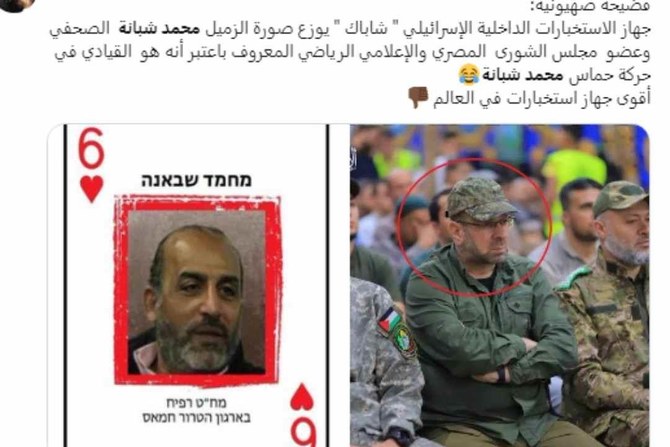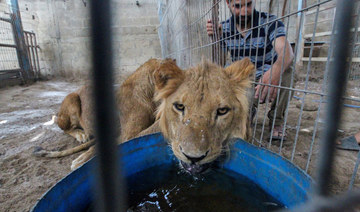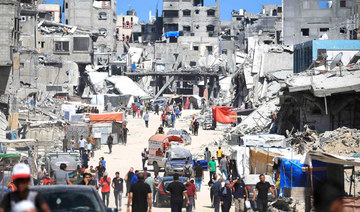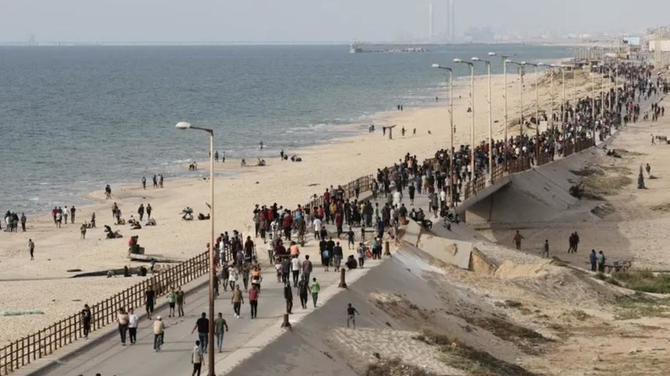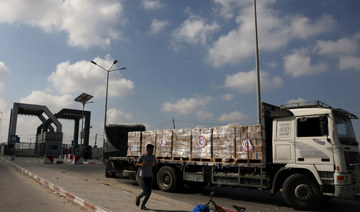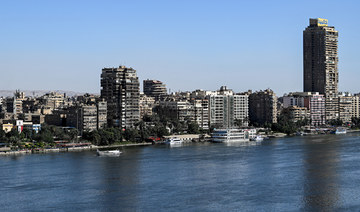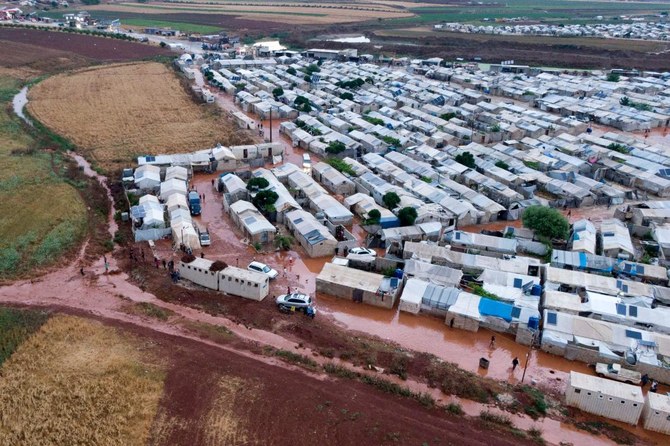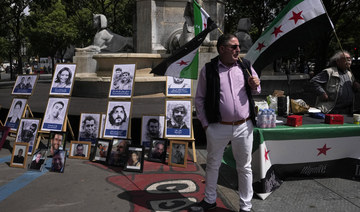AMMAN: Jordan’s foreign minister on Sunday strongly criticized Israel’s ongoing military actions in Gaza, describing them as “barbaric aggression” and warning of a potentially dangerous escalation in the region.
Speaking to Jordan News Agency, Ayman Safadi said Israel is killing innocent people, depriving over 2.3 million Palestinians of water, food and medicine, and attempting to displace them.
“Jordan, with all its capabilities, will counter the Israeli government’s attempts to displace Palestinians inside and outside their homeland,” he said, adding that the kingdom considers attempts to displace people to be a war crime.
A future security-based approach to Gaza, according to Safadi, would entrench the state of oppression, despair and misery that Israel created through its colonial policies prior to and during the current war, making conflict “the fate of the region.”
He added: “The occupation is the basis of all evil. Any approach that does not aim to end the occupation and fulfill all the rights of the Palestinian people will not achieve security and just peace and will spark more conflicts and wars.”
He said Jordan refuses to talk about the day after in Gaza before stopping the war, and without adopting a comprehensive plan to fulfill the rights of the Palestinian people.
“The main goal for which all efforts must be united now is to stop the barbaric aggression against the Gaza Strip and end the unprecedented humanitarian catastrophe it is causing,” he added.
“The Jordanian proposal is that after stopping the aggression, dealing with the situation in Gaza must be within the context of an integrated plan based on the solid unity of Gaza, the West Bank and East Jerusalem, and starting with the recognition of an independent, sovereign Palestinian state along the lines of June 4, 1967, with Jerusalem as its capital according to the two-state solution.”
He said ending the occupation of Palestinian territories must come with clear objectives, timelines and “real guarantees,” adding: “We are coordinating this with our brothers in the Arab countries, and we discussed it with many of our partners in the international community.”
Safadi also condemned the “extremist, racist, inflammatory” policies and positions of Israeli ministers who “demonize the Palestinians and deny their right to live on their national soil and the land of their fathers and grandfathers.”
He warned of the Israeli government’s extremist agenda to continue the war and extend it to the occupied West Bank and Lebanon in order to prolong its political leadership and drag the West into military interventions in the region.
He said Israeli Prime Minister Benjamin Netanyahu and “racist, extremist” cabinet ministers have publicly stated their desire to evict Palestinians from Gaza, and their rejection of the Palestinian people’s right to self-determination.
Safadi discussed the need for the international community to take clear and direct positions in condemning extremist Israeli rhetoric.
He said Jordan would press the UN Security Council to take legal, moral and humanitarian decisions to end the war in Gaza and to challenge Israeli violations of international law.
“Nothing justifies the Security Council’s inability to decide to stop the barbaric aggression against Gaza, stop the war crimes committed by Israel there and its inability even to impose a mechanism for bringing in humanitarian aid to confront the humanitarian catastrophe exacerbated by an aggression that crossed all legal, ethnic and humane lines,” he added.
Safadi said the UNSC’s failure to end the war reflects “dangerous double standards and selectivity in the system of international multilateral action, and began to seriously reflect on the image and interests of many countries in the region.”
He added: “The killing, destruction and human suffering caused by the aggression eliminated the pretext of self-defense promoted by the Israeli government, and revealed that the war is crude revenge and a means to translate the agenda of the extremist racists in the Israeli government … to kill the two-state solution.”
Jordan is supporting South Africa’s lawsuit against Israel on charges of genocide, and is preparing to submit its own legal case to the International Court of Justice, which is expected to be reviewed in the coming days.



